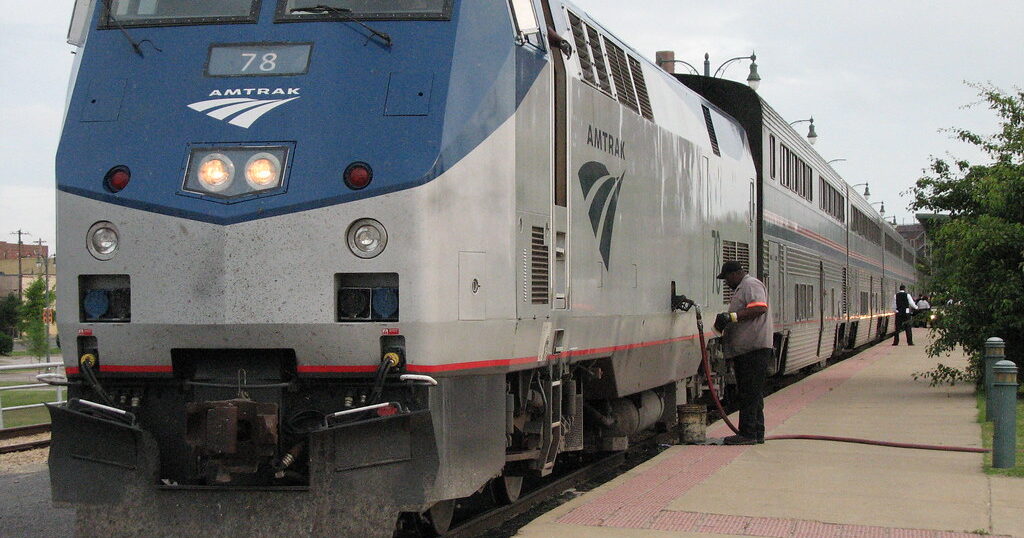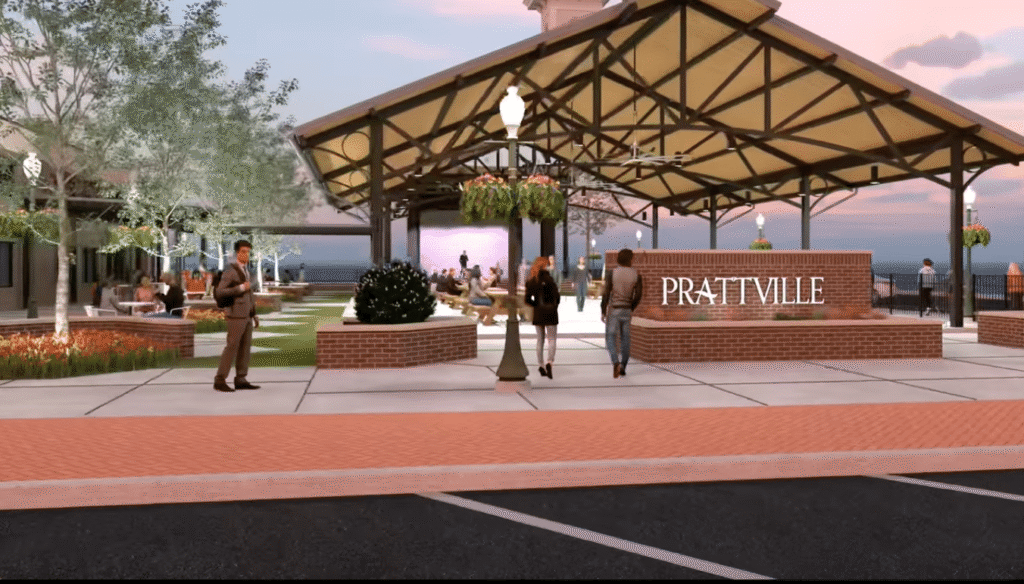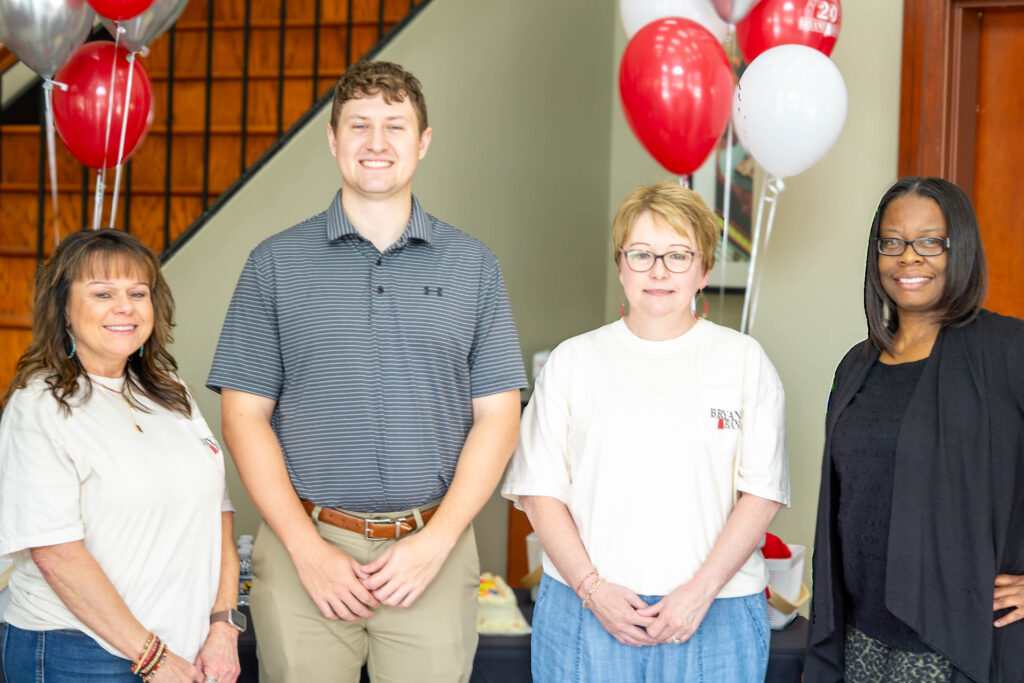Reviewed by: Pat Byington
University of Alabama ordered to return artifacts to Muscogee Nation
Reading time: 4 minutes

The University of Alabama will be returning remains and funerary objects found in Alabama’s Moundville Archaeological Park to the Muscogee Nation, following an order from the Native American Graves Protection and Repatriation Act Review Committee. The federal committee made this decision following a petition in which the Muscogee Nation and six other tribes asked for the return of approximately 6,000 remains of ancestors and other sacred artifacts.
Keep reading to learn more.
Moundville Artifacts to Return Home

Earlier this year, seven tribes asked the University of Alabama to return 5,892 human remains—and the artifacts buried with them—that were uncovered at Moundville. Moundville, an archaeological park and historic site in Alabama, was a political and ceremonial center for Native American tribes between the 11th and 16th centuries.
The seven tribes are:
- Choctaw Nation of Oklahoma
- Chickasaw Nation
- Coushatta Tribe of Louisiana
- Seminole Tribe of Florida
- Seminole Nation of Oklahoma
- Alabama-Quassarte Tribal Town
- Muscogee Nation
Their claim relies on the Native American Graves and Repatriation Act, a federal law that requires any institution that receives federal funding to document remains and artifacts and return them to their tribes. All seven tribes say they have a common ancestry with the inhabitants of Moundville.
“We have requested the return of our ancestors for years, and the excuses for delay are over. With the finding that the remains and funerary objects discovered in Moundville are culturally affiliated with the seven tribes that have petitioned for their return, there is no reason to wait any longer. The time has come for our ancestors to rest in peace.”
Muscogee Nation Principal Chief David Hill in a press statement
According to the Native American Graves Protection and Repatriation Act Review Committee, their claim holds solid ground. The committee’s official ruling states that, “The Review Committee finds, based on the evidence before it, that there is a preponderance of the evidence for cultural affiliation between the human remains and funerary items, originating from, and adjacent to, Moundville and the Muskogean-Speaking Tribes.”
The United States Department of Interior is authorized to issue fines between $1,000 and $3,000 to any agency or institution that does not comply with the federal law.
The Second-Largest Site in the United States of the classic Middle Mississippian Era
All artifacts in question were unearthed at Moundville Archaeological Park, a Mississippian culture archaeological site on the Black Warrior River near Tuscaloosa, Alabama. Occupied by Native Americans of the Mississippi culture from around 1000 AD to 1450 AD, the 326-acre park contains 29 platform mounds around a central plaza and is administered by the University of Alabama Museums. According to the University of Alabama, roughly 15 percent of the site has been excavated.
In 1980, a very large number of pottery vessels from the site—264 in total—were stolen during a break-in at the Erskine Ramsay Archaeological Repository at Moundville. To this day, the vessels remain lost (aside from three anonymously returned), making it one of the most significant thefts ever to occur in the South. The collection included many of the highest-quality specimens ever excavated at Moundville.
Luckily, the University of Alabama has published photographs of the stolen pottery vessels, making them easier to identify. The Associates for the Return of Moundville Artifacts is offering a $25,000 for information leading to the return of these artifacts.
Click here to learn more about the stolen pottery vessels and view the catalog. If you have information, please call the confidential tip line at 205.348.2800.



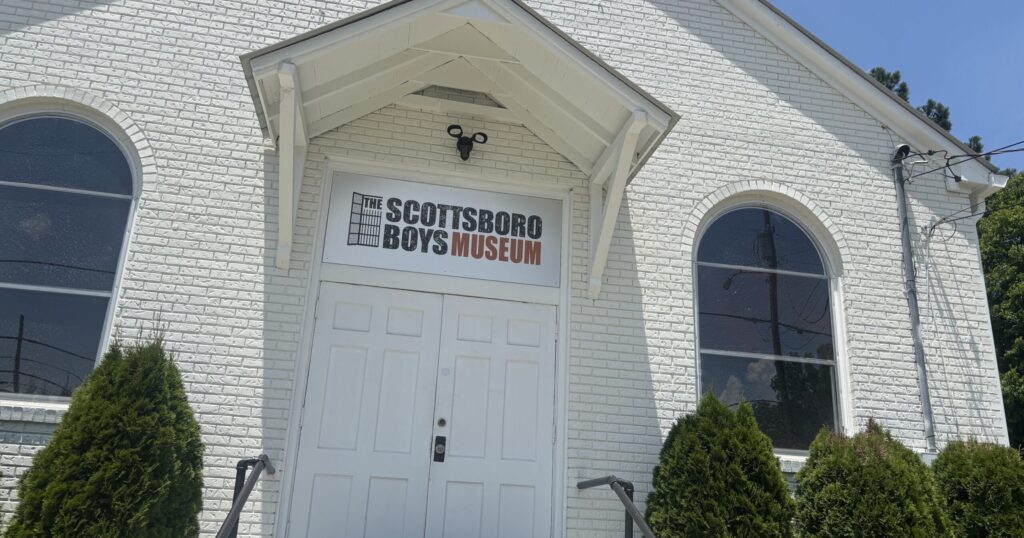
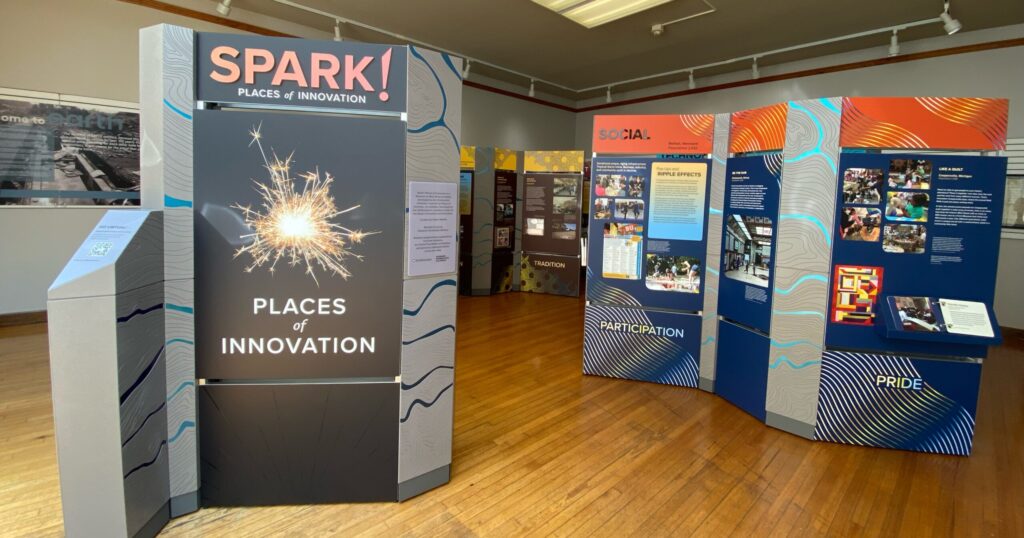
![Tuscaloosa advances plans for Linton Barbershop Plaza [PHOTOS] Tuscaloosa advances plans for Linton Barbershop Plaza [PHOTOS]](https://thebamabuzz.com/wp-content/uploads/2025/06/Lintons-Barbershop-Renderings-2-1024x576.jpg)
